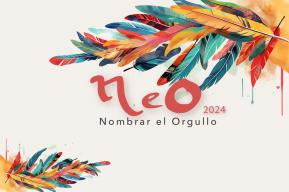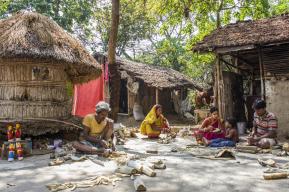Project
Miyawaki forests for urban schools

Under the guidance of the project leader Grey Coupland, Schoolchildren in Padbury, a suburb of Perth, Australia, are becoming citizen scientists and discovering that they can do something for the environment. This young ecology PhD holder has set up the Miyawaki Forest school project. These forests then become hotspots for biodiversity in an urban setting and have a localised cooling effect.
The children use the Miyawaki method to plant a forest in their school grounds, using native plants. The soil for the forest is remediated prior to planting by incorporating compost generated from food waste provided by the children from their lunch boxes, from local supermarkets and coffee shops. This project enables food waste to be utilised and incorporates a circular system for waste management in the local area.
Concrete effects for schoolchildren
With the help of Grey Coupland, the children take monthly measurements on plant growth rates, soil and air temperature regimes inside and outside their forest and collect data on animal diversity in the forest.
The children are seeing the benefits of a circular food waste management system and tangible environmental results: growth of their forest, cooling of the local area and increased biodiversity.
In 2022, eight more forests are to be planted in other Perth schools and this will include the school children, broader school community and the local areas.
Do you want to plant forests?
Project began: 22/07/2021
Leading organisation: Harry Butler Institute
The country where the team is based: Australia
Covered Countries: Australia
Theme: Biodiversity, Education for Sustainable Development
Sub-themes: Cities, Climate change, Environment, Forests and desertification, Gender equality and women's empowerment, Participatory science/citizen science, Sustainable lifestyles, Waste management
Tag: #Women #Youth
Project needs
- Communication strategy design
- Crowdfunding
- Digital communication
- Graphic design
- In search of financial partners
- Press relations
- Social Media
- Sponsorship/ Philanthropy
- Web design











